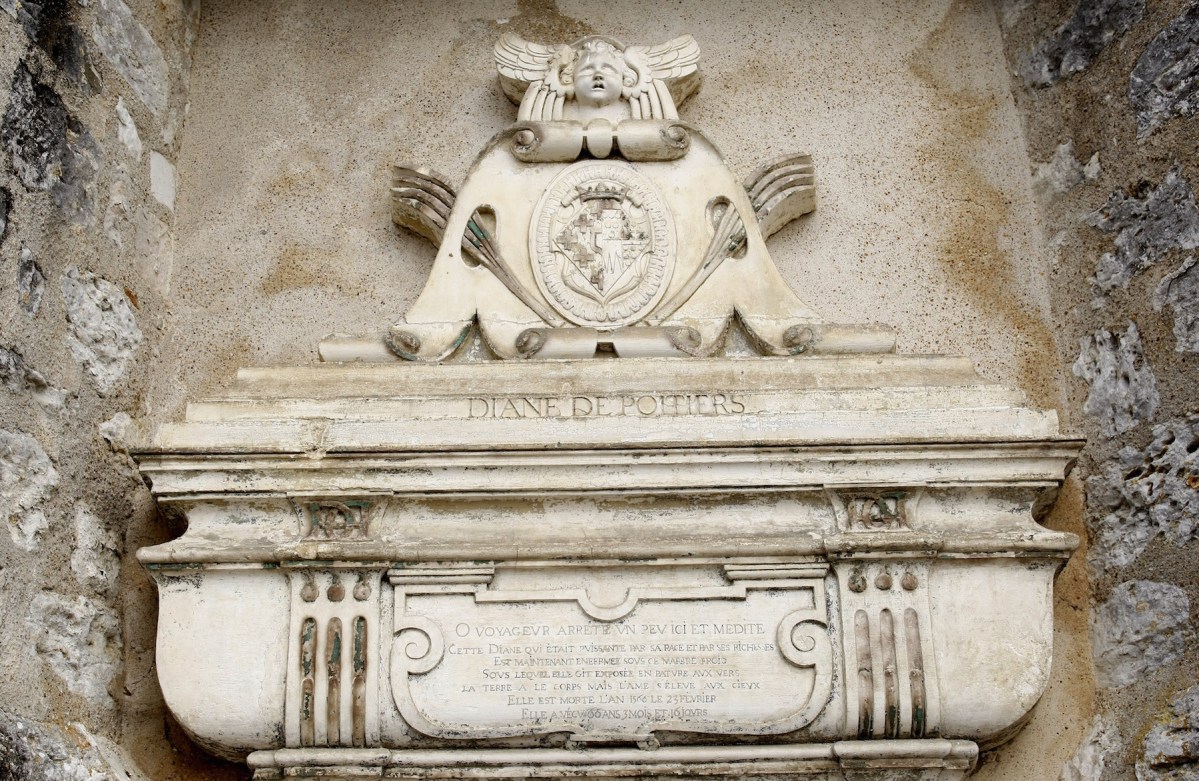Throughout history people drank gold to solve their problems, and that practice almost always ended poorly. Perhaps the strangest habit of drinking gold popped up in the 16th Century, when members of the French elite used it as an antiaging serum. Diane de Poitiers, who was an influential supporter of the arts in King Henry II’s court and his lover, is believed to have eventually died from her daily potion of gold chloride and diethyl ether.
But de Poitiers and her French contemporaries aren’t the only ones in world history to experiment with gold beverages. The ancient Egyptians agreed, believing that drinking “gold-water” could prevent aging, based on the notion that gold does not corrode and therefore must combat mortality.
When alchemy caught up in the 16th century and demonstrated how to dissolve gold into liquid form, gold liquid was used to treat conditions from epilepsy to mania. The history of drinkable gold proves again and again that it’s not worth drinking gold.
Thanks for reading InsideHook. Sign up for our daily newsletter and be in the know.



















